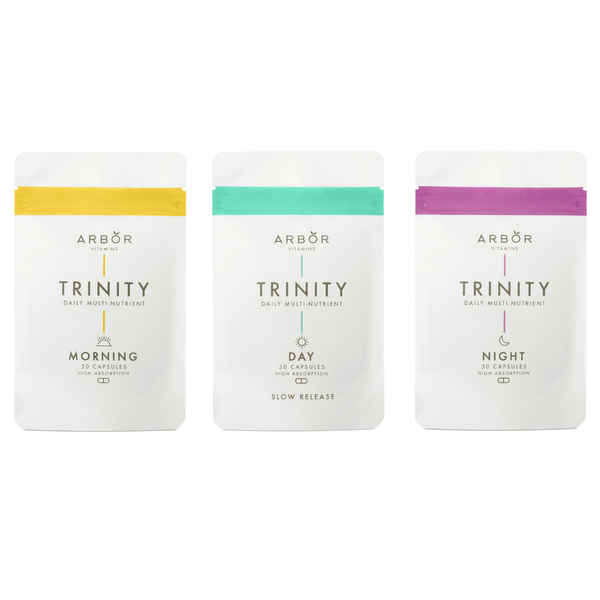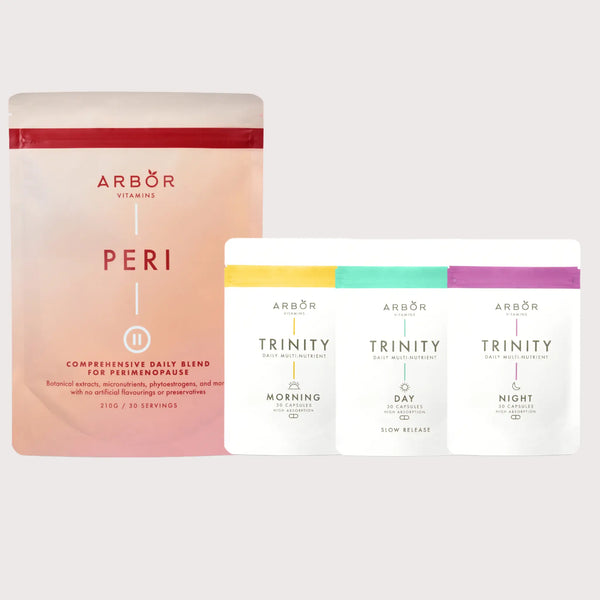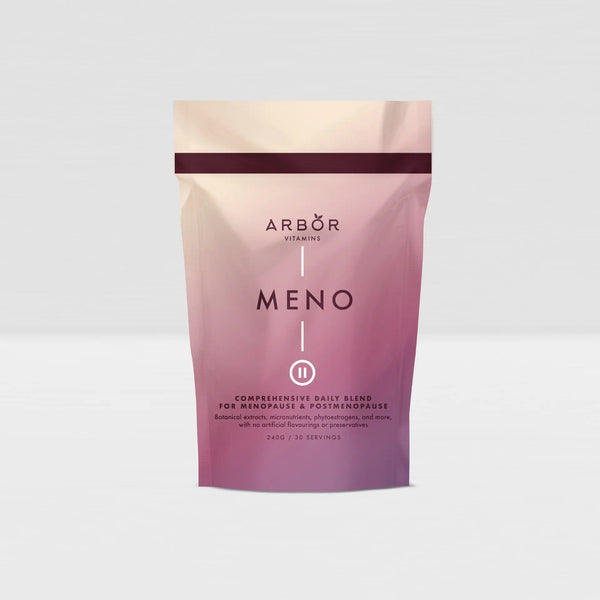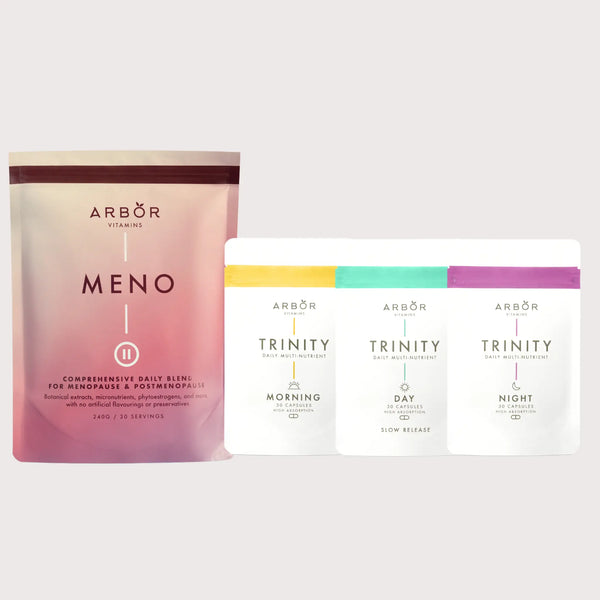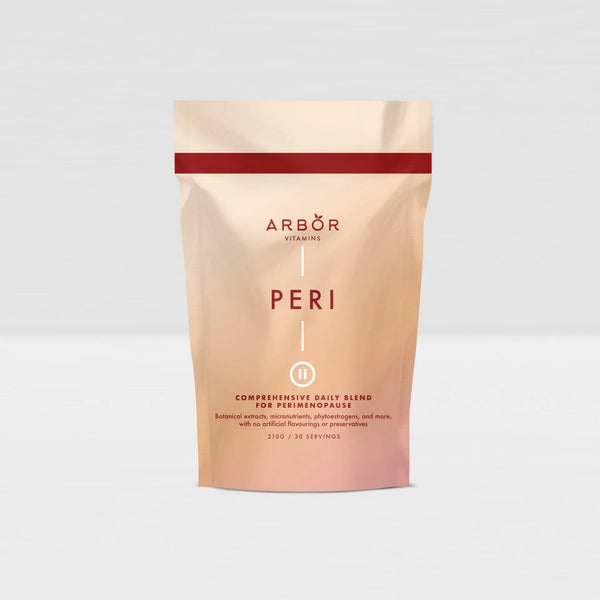Regarding micronutrients, minerals like iron or calcium are frequently mentioned more than copper. However, you should not underestimate the significance of any nutrient. Copper is essential for many body functions. You've come to the right place if you've been wondering how can I increase copper in my body.
Arbor Vitamins presents a detailed guide on the significance of copper, its deficiency indications, and practical methods for boosting copper consumption.
What Food is Highest in Copper?
A wide variety of foods supply copper; therefore, consumption is guaranteed. Good sources of copper include:
- Shellfish
- Oysters
- Seeds
- Beans
- Nuts (esp. almonds)
- Organ meat (esp. liver and kidney)
- Leafy green vegetables
- Whole-grain products
- Potatoes
- Black pepper
- Prunes
- Dark chocolate (in moderation)
- Yeast (in moderation)
What are the Functions of Copper?
The vital trace element copper is involved in many different body processes. It is essential for:
- Synthesis of erythrocytes (or red blood cells - RBCs)
- Iron absorption
- Preservation of healthy blood vessels
- Healthy neurons
- Boosting immune system
- Optimal bone health
Copper must be obtained from food and supplements because the body cannot create it independently.
Buy TRINITY Day Formula here.
How Can I Increase Copper in My Body?
A balanced diet that includes copper-rich foods is recommended. It ensures that you are getting enough copper. Besides, incorporating meals high in iron can also facilitate the absorption of copper.
Guidelines for copper consumption are provided by Dietary Reference Intakes (DRIs). Age and sex differences exist in the Recommended Dietary Allowance (RDA).
Instead of focusing on increasing copper intake via foods and supplemental pills, be mindful of the adequate intake (AI) of copper.
What are the Symptoms of Copper Deficiency?
Although copper deficiency is rare in healthy people, it can happen to those with hereditary diseases or illnesses involving malabsorption, such as Crohn's disease. Typical indications of copper deficiency are:
- Anemia
- Low body temperature
- Bone fractures
- Osteoporosis
- Decreased number of leukocytes (white blood cells - WBCs)
- Irregular heartbeat
- Loss of pigment from the skin
- Thyroid abnormalities or diseases
Adverse Effects of Copper
Although copper shortage is uncommon, toxicity can result from overintake. Extreme instances include:
- Wilson disease: In this disease, copper is accumulated in several organs
- Menkes disease: It is a hereditary illness affecting copper metabolism.
Copper Toxicity
Copper toxicity is uncommon in healthy people because of the body's effective elimination systems. However, gastrointestinal tract (GIT) problems and severe liver damage can result from consuming too much copper.
Consultation with Medical Professionals
Healthcare professionals can offer individualised advice to those with specific medical or nutritional concerns. You should see a healthcare provider for optimal copper intake to maintain your and your growing baby's health.
Check out our TRINITY Vitamins range here.
The Bottom Line
For general health and well-being, it is important to know how to increase copper in the body. A balanced diet with copper-rich foods and adherence to suggested consumption guidelines can help you efficiently achieve your nutritional needs. However, awareness of any excesses or shortages is essential, particularly if you have underlying medical issues. Promoting good health and avoiding problems associated with copper imbalance must be done by speaking with healthcare specialists for personalised guidance.


